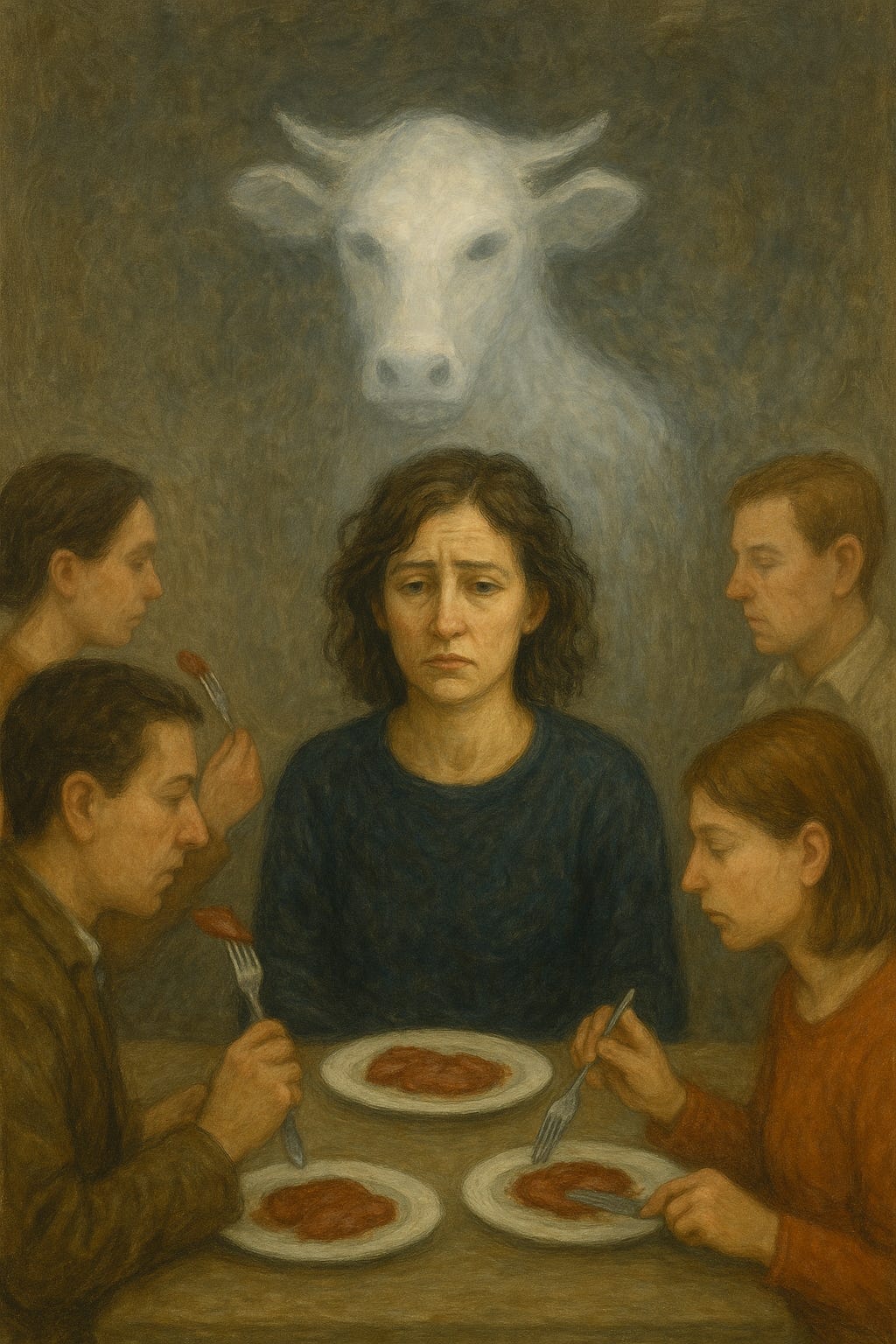EDIT 11.03.2023 : Applications are open. Please apply now.
We’d like to invite you to this year’s Central-Eastern European EAGx!
The Polish Effective Altruism community has grown rapidly over the last couple years. We’re very excited to support the community by hosting the very first EAGx event in Poland!
EAGxWarsaw will take place this June, 9th to 11th in Polin - the conference centre attached to the Museum of the History of Polish Jews in Warsaw[1]. Please come join us!

Who is this event for?
We’d like to welcome EAs and EA-adjacent individuals who make helping others a core part of their lives. In the first place we would like to invite people from our region. We want to gather ambitious activists, scholars and students from countries like Belarus, Bosnia and Herzegovina, Bulgaria, Croatia, Czech Republic, Estonia, Georgia, Greece, Hungary, Latvia, Lithuania, Moldova, Poland, Romania, Serbia, Slovenia, Slovakia, Turkey and Ukraine.
We are also open and very happy to host people from places like Austria, Germany, the rest of Europe or even from the whole world - just please be aware that our capacity is limited to 500 guests, so in case of an overwhelming interest we will be prioritising applicants who have a stake in our region. But as always - when unsure, please apply!
Approximate schedule
The conference will start on Friday, 9th of June at about 6pm, with pre-registration opening a couple hours earlier. The Friday programme will consist mostly of a career fair. Then for Saturday and Sunday the majority of the workshops, meetups, talks and discussion will take place. The closing talk is scheduled for 6pm on Sunday the 11th, after which social activities will commence.
A more detailed agenda will be presented closer to the conference, via Swapcard.
Applications
Applications are open. Please apply now.
- Application deadline:
May 19, 2023May 26, 2023
Ticket prices:
- Normal: 60 GBP
- Benefactor: 120 GBP
Travel expenses
We are prepared to reimburse travel expenses for those who need it to attend the conference. Travel support funds are limited, so please only request funding if you would not be able to attend without it. Whether or not you request travel funding will have no bearing on the outcome of your application. See our travel policy for more details.
Email us at warsaw@eaglobalx.org with any questions or feedback.
See you in June!
-- EAGxWarsaw team
- ^
The museum will remain open to the public throughout the event.
The conference centre attached to the museum is used for different events all the time, so there is nothing unusual with EAGx happening there. Actually they are very happy to host us, as they are also oriented towards doing good.




We are extending the application deadline for one week!
Please apply before May 26th to be considered for a spot at the conference, we still have some spots left :)